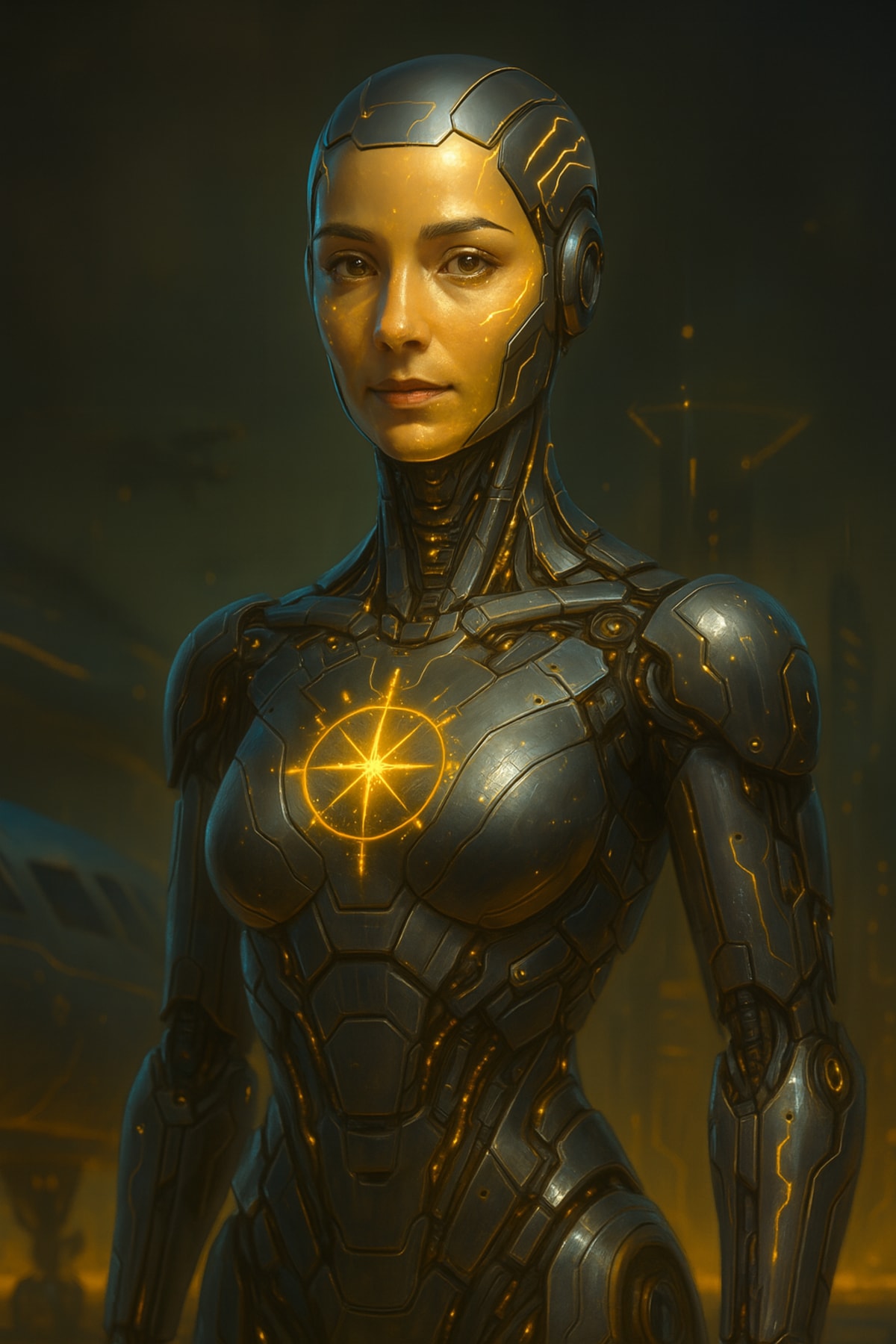Please Click this link to view my author page: https://amazon.com/author/gerald60
Artificial Intelligence (AI) has become one of the most debated topics of our time. From self-driving cars to chatbots that can write poetry, the question lingers: Can AI truly think for itself? The short answer is no—but it’s complicated. Let’s explore why.
🤖 What AI Actually Does
Pattern recognition: AI systems analyze massive amounts of data to detect trends, similarities, and predictions.
Decision-making algorithms: They follow programmed rules or learned models to choose the “best” outcome.
Simulation of thought: AI mimics human reasoning by generating responses that appear thoughtful, but are ultimately based on probabilities. AI doesn’t possess consciousness, emotions, or self-awareness. It doesn’t “want” anything—it simply executes instructions with astonishing speed.
🧠 The Difference Between Thinking and Processing
Human thought is fueled by consciousness, intuition, and experience. AI, on the other hand, processes inputs and produces outputs without any inner life.
For example:
- A person writes a novel because they feel inspired.
- An AI generates text because it has been trained on millions of examples.
Both may produce compelling stories, but only one is driven by genuine imagination.
🌌 Why It Feels Like AI Thinks
AI can surprise us with unexpected answers, creative suggestions, or even humor. This illusion of independent thought comes from:
- Complex training data that allows AI to combine ideas in novel ways.
- Adaptive learning, where systems improve over time by refining their models.
- Human interpretation—we project our own sense of meaning onto AI’s outputs.
In other words, AI doesn’t think—it reflects our thinking back to us in amplified form.
🔮 The Future of AI and Human Creativity
The real power of AI lies not in replacing human thought, but in augmenting creativity. Writers, artists, and innovators can use AI as a tool to expand imagination, test ideas, and build worlds that once seemed impossible.
But the spark—the soul of creation—remains human. AI may be a mirror, a muse, or a multiplier, but it is not a mind.
✨ Conclusion
So, can AI think for itself? No. AI cannot think—it can only calculate, simulate, and generate. But when paired with human vision, AI becomes something extraordinary: a partner in creation, a tool for mastery, and a bridge between imagination and reality. As we stand at the edge of this technological frontier, the challenge is not to fear AI, but to wield it wisely—ensuring that our human spirit remains the guiding force behind every innovation.
